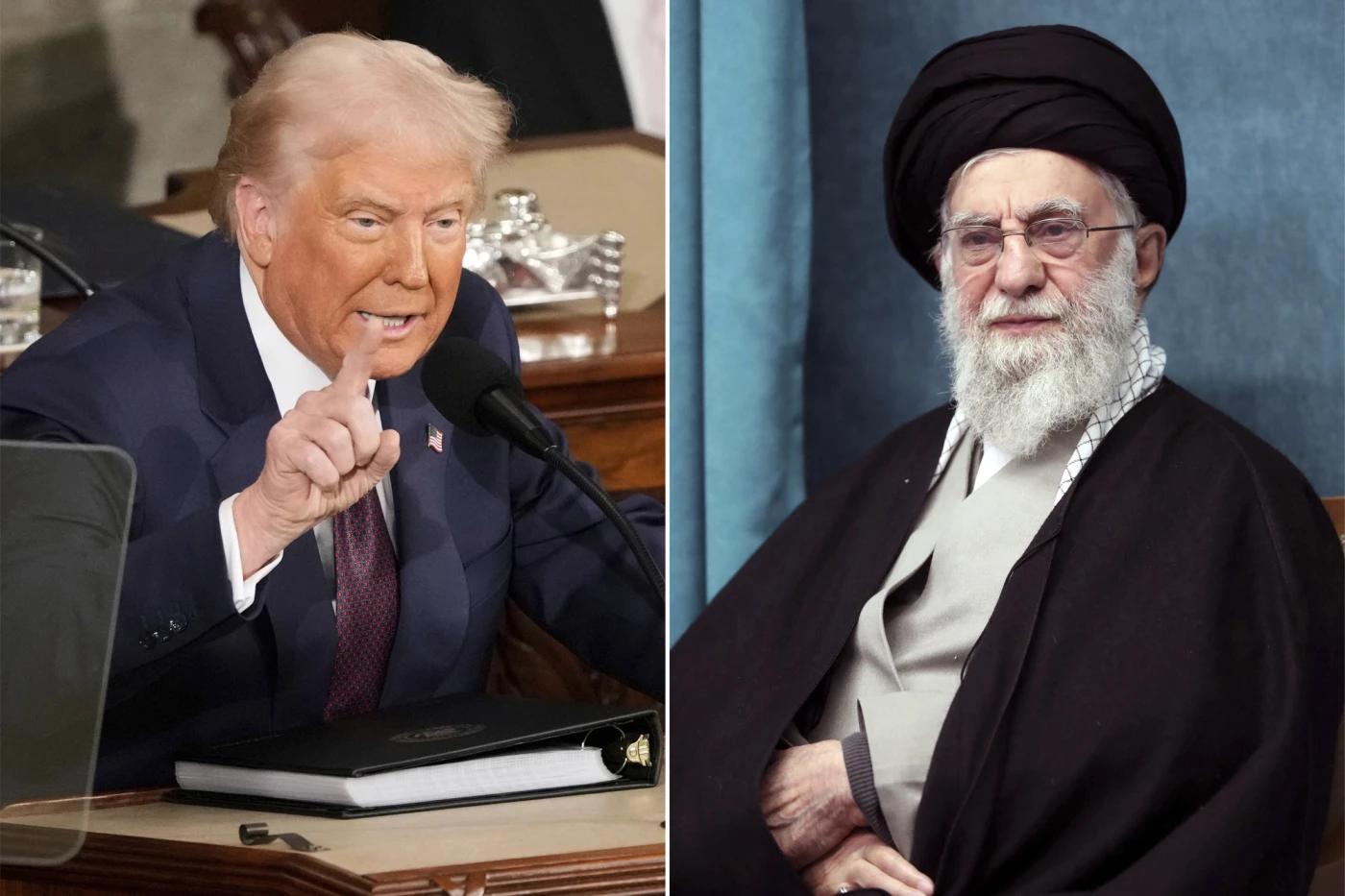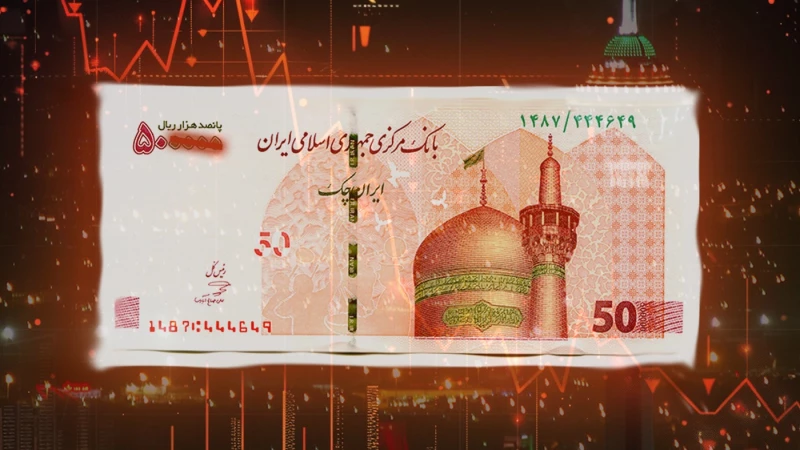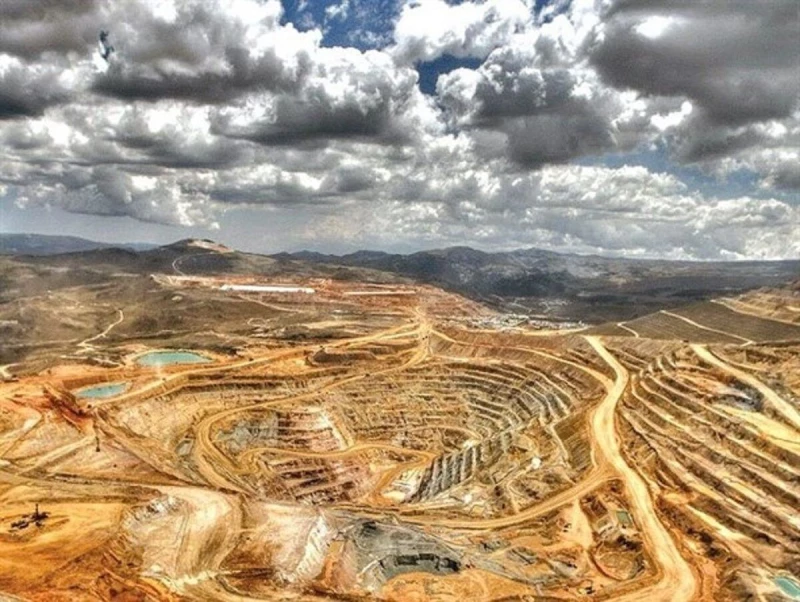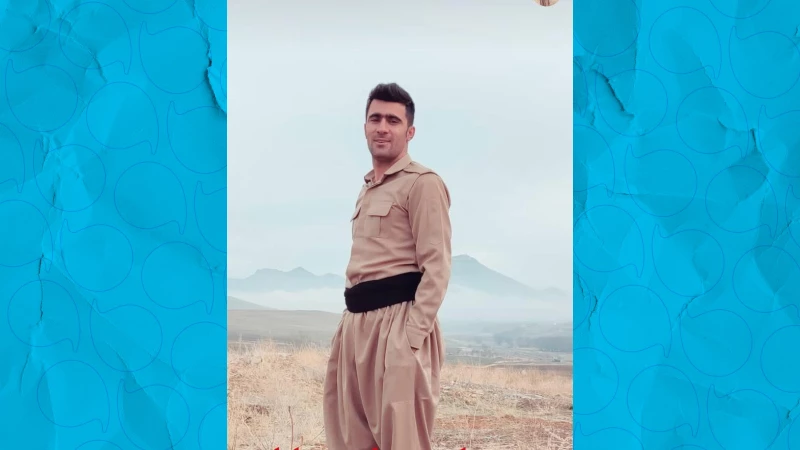LONDON, United Kingdom - The Iranian public is setting its eyes on the Omani capital, where Iranian and American negotiators are to resume nuclear talks this weekend.
The delegations are heading for the meeting with an apparent willingness to find common ground on Tehran's nuclear program, which has been at the very heart of tensions with its Western adversaries for over two decades.
As the two parties are gauging de-escalation, the venue, Oman, has been agreed upon in light of its historical, neutral role as a mediator between Tehran and Washington.
The talks will involve two key negotiators: Iran's Foreign Minister Abbas Araghchi, a seasoned diplomat closely involved in the 2015 nuclear deal—or the Joint Comprehensive Plan of Action (JCPOA)—and Steven Witkoff, US President Donald Trump's Special Envoy to the Middle East.
Prepping the chessboard
The backdrop to the meeting could be characterized as a mix of both tensions and positive statements.
The US government says the talks cannot be seen as formal negotiations and are merely aimed at drawing a tough line on Tehran, according to US State Department spokeswoman Tammy Bruce. If Iran does not want a deal, "it will be very, very bad for them," she told reporters on Tuesday.
Only this week, while the Oman talks had already been confirmed by both sides, the US Treasury imposed fresh sanctions on five Iranian entities linked to the country's nuclear activities. Similarly, a UAE-based Indian company was blacklisted by US authorities over what they found to be the firm's operation as part of Iran's "shadow fleet" for its oil exports. The measure fell within the Trump administration's "maximum pressure" policy, which seeks to isolate Iran and push to near-zero levels the income from its lifeline oil production.
Inside Iran, the state is pushing hard against criticism from its hardline loyalists that it is facing humiliation by accepting the talks only after Trump's military threats. In response, the government-affiliated media are going the extra mile to project an image of authority and confidence that Iran has "several cards" to play in the talks.
Seemingly inflammatory comments have, in the meantime, worried pro-engagement camps about the potential risks facing the already fragile trajectory of the new diplomatic opening.
Ali Shamkhani, a senior aide to Supreme Leader Ayatollah Ali Khamenei, warned on Thursday that should US threats escalate, Iran may kick out international inspectors from its nuclear sites and even conceal its enriched nuclear material in undisclosed, secure locations.
On the American side, Secretary of State Mike Rubio struck a positive note at a Trump-chaired cabinet meeting, reasserting the US government's key demand that all it wants is an Iran with no nuclear weapons.
And in the latest of his Iran comments this week, Trump himself renewed the demand. "I'm not asking for much. They can't have a nuclear weapon."
While media speculation has long claimed that Trump's letter to the Iranian leader included pressure for concessions beyond the nuclear program to cover missile production and an end to Tehran's support for anti-Israeli regional proxies, the last two have rarely been raised in recent public speeches by US authorities.
Iran has announced that it will negotiate its nuclear program only, with President Masoud Pezeshkian expressing openness for an even more stringent verification regime. Against such a backdrop, many Iranian pundits have noted that the path to a deal may not be as bumpy.
However, the diplomatic overtures are delicate, as both sides must navigate a web of internal and external factors that could derail the talks at any moment.
Given the deep existing rifts, closing a robust deal in the short term remains far-fetched. A report by the Axios news website on Thursday said Iran is mulling proposing a limited agreement that would allow for scaled-back nuclear activities in exchange for a lifting of certain sanctions, as Tehran finds it nearly impossible to clinch a comprehensive deal within the two-month span reportedly set by the Trump administration.
What to expect
President Pezeshkian declared on Wednesday that the Iranian negotiator, Araghchi, has been briefed by the supreme leader on how to proceed with the negotiations. He did not elaborate further, but the statement reasserted the absolute authority Khamenei has long maintained over Iran's nuclear dossier.
The Islamic Republic's agenda in the Oman meeting, according to a report by the Tasnim news agency, is drawing a firm line that it will not tolerate "any form of language that involves threats."
A state TV program also revealed that Araghchi has been strictly instructed "not to be seen" in public photos with the US negotiator—perhaps an indication that Tehran may ultimately have to abandon its persistent public narrative that the talks will be indirect. The debate on the format has seen a back-and-forth exchange between the two sides, with the US insisting that the talks will be direct and "inside one room."
Israel in the rearview mirror
Iran is walking a tightrope, as it remains conscious about any miscalculation that could lead to significant escalation, especially as Israel's role in the negotiations remains complex and nearly omnipresent.
Prime Minister Benjamin Netanyahu has been vocal in his opposition to a deal that could allow Tehran to maintain its nuclear program.
For the US, the political calculus is driven by the Trump administration's relentless desire to strike an accord that could serve as one cornerstone of its foreign policy achievements. Despite the recent military deployments in the region, decision-makers in Washington have repeatedly noted that their preference is a negotiated solution.
If public statements are any guide, the potential exists at least for an agreement on continuing the talks, or a temporary deal, as both sides seek to avoid consequences of a breakdown in diplomacy.
Still, the complicated realities surrounding the Iran nuclear issue could perhaps force President Trump to extend his presumed initial two-month timetable. He has already been facing a similar reality in the Ukraine war, which he repeatedly claimed on the campaign trail to be able to end in a matter of 24 hours.
Adding to that complexity is further skepticism rooted in Israel's separate push to take down Iran's nuclear capabilities, which it has long seen as a threat to its very existence.
Israel's influence in the negotiations cannot be ignored, with proof perhaps being Netanyahu's recent visit to the White House. Despite reports that the Israeli leader left Washington disappointed, one key fact still plays a central role in the ongoing dynamics: that he was invited by Trump for fateful discussions, including on what the US has in store for Iran.
And while Trump appears not to be favoring a military option, he has made it clear that Israeli forces will be instrumental should strikes be needed.
"Israel will obviously be very much involved in that," he told reporters from behind his desk at a televised briefing this week.



 Facebook
Facebook
 LinkedIn
LinkedIn
 Telegram
Telegram
 X
X


